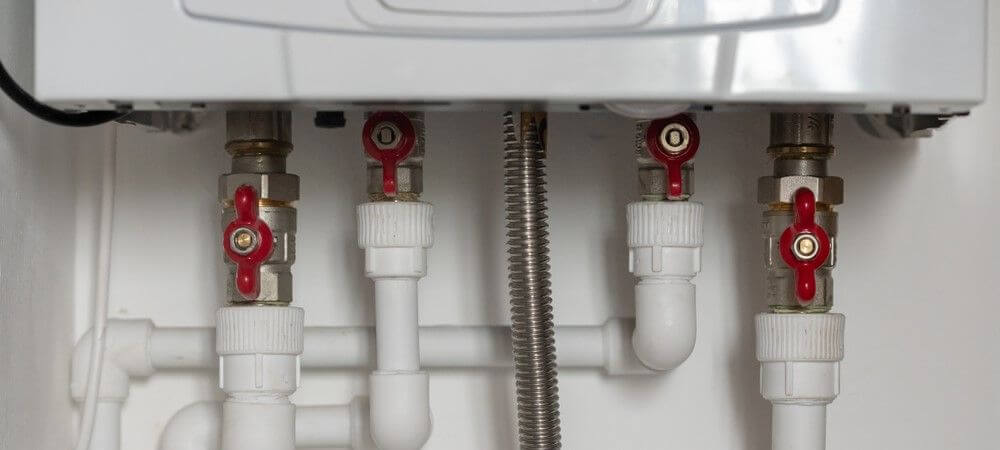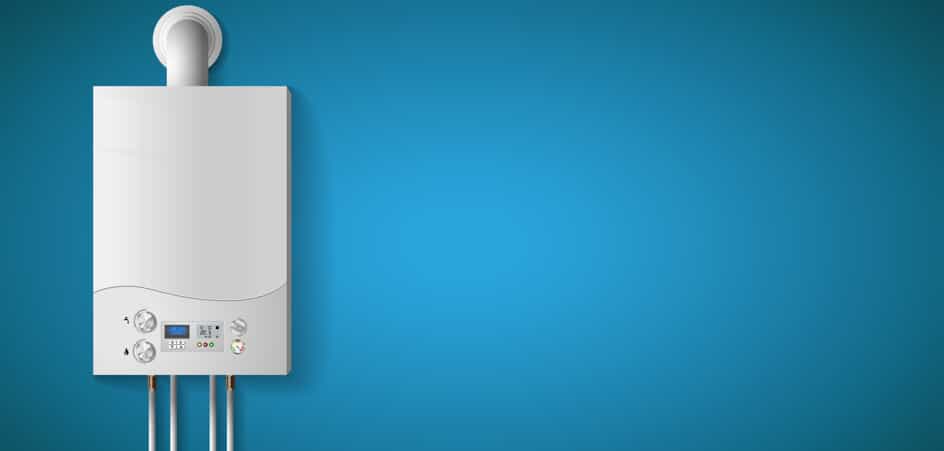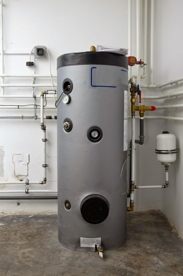Your home has many different components that help ensure it runs effectively, so it’s easy to get confused when you hear certain terms that seem similar. This is especially true when you hear the terms boiler and water heater.
Typically, these two terms are thought to be the same, and many people feel as though they have the same exact functions. There are some differences, though, that should be understood and can help you know which of these two is the best option for you.
What Is A Water Heater?

If you have that large storage tank of water somewhere in your home, that is the water heater. It holds water and uses gas or electricity to heat the water up, keeping it at that specific temperature until the homeowner needs it.
The hot water is distributed in times of need like bathing or showering, washing clothes, or when doing the dishes. When the hot water is released from the tank, more cold water is collected to heat up and use later.
What Is The Responsibility of A Boiler?

While this is similar in the fact that it can help heat water, there are far more functions of which a boiler is capable. A boiler can effectively be used to provide heat in order to create water or to simply heat the home.
If your home has a forced-air heating system or radiant heating system, the boiler can be used to heat the air or floors. It is a great way to ensure your family’s comfort during the winter.
Boiler VS Water Heater
A boiler is a water heater and a water heater is a boiler, right? Lots of people use the word “boiler” for any variety of water-heating appliances. However, a boiler does not work like a water heater, and vice-versa. Homeowners in Covington and Northern Kentucky know all about the cold weather and how it important it is to ensure they are well taken care of in their own home. Taking the time to recognize the differences between different components is crucial so you know what’s best for you. Confusing the two can complicate the troubleshooting process and make communication difficult between yourself and a heating expert. Let’s take a look at three differences between a boiler and a water heater, below:
1. A boiler heats water rapidly
Boilers, which are full of copper tubes, are complex heating appliances that turn water into steam. They heat water rapidly for two different uses: hot water and home heating and are typically powered by electricity, natural gas, propane or heating oil. A boiler system heats water to the point that it boils, and the steam is used to transport heat throughout your house.
2. A water heater heats and stores water
Water is usually heated to approximately 125 degrees. It’s kept at a consistent temperature until it’s needed — aka when someone in your home takes a shower, washes the dishes or does laundry. Water is pulled from the top of the tank and pushed through your pipes. Cold water then fills the bottom of your water heater to be heated. The key takes away here is that a water heater stores water until it is needed in a certain area of the house, while a boiler does not store water – it simply heats water as the water passes through the tubes.
3. A heat-pump water heater is more efficient.

At Rusk Heating & Cooling, we take the guesswork out of everything and help you with all of your service needs. When you need help keeping your home warm and comfortable this winter, we are here for you. If you are having problems or would like to install a new boiler, we are Covington’s heater repair specialists.
To learn more about the differences between a boiler and a water heater, call Rusk Heating & Cooling at 859-448-4040. And remember, homeowners have trusted Rusk for heating and cooling maintenance and repairs for over 150 years!
